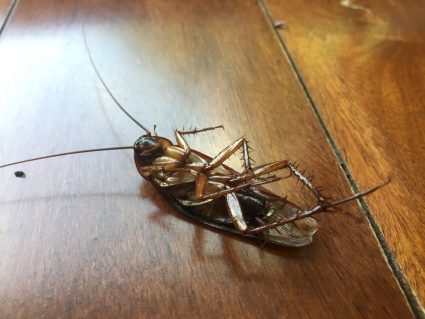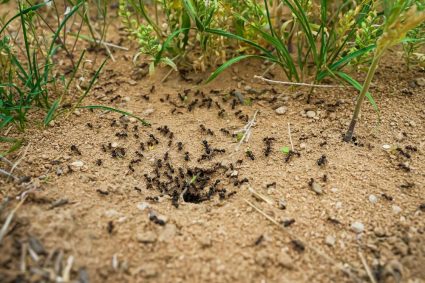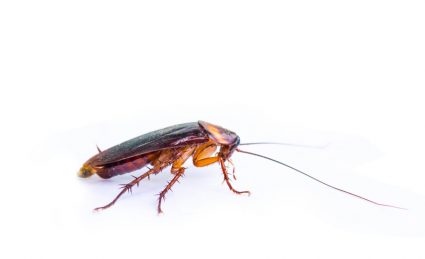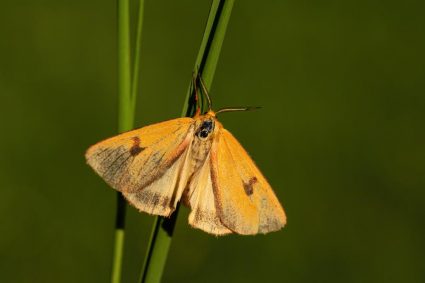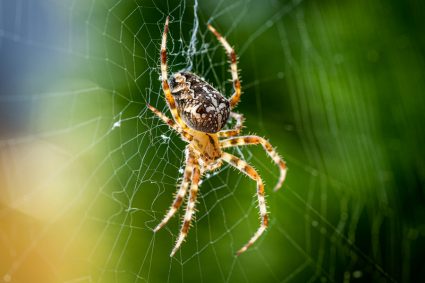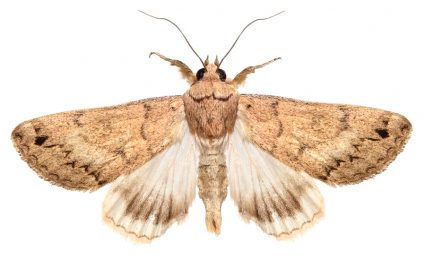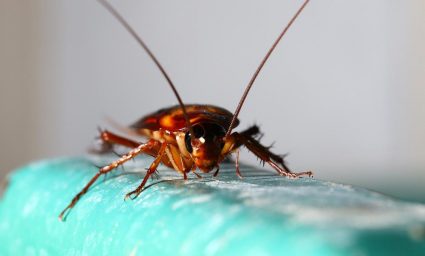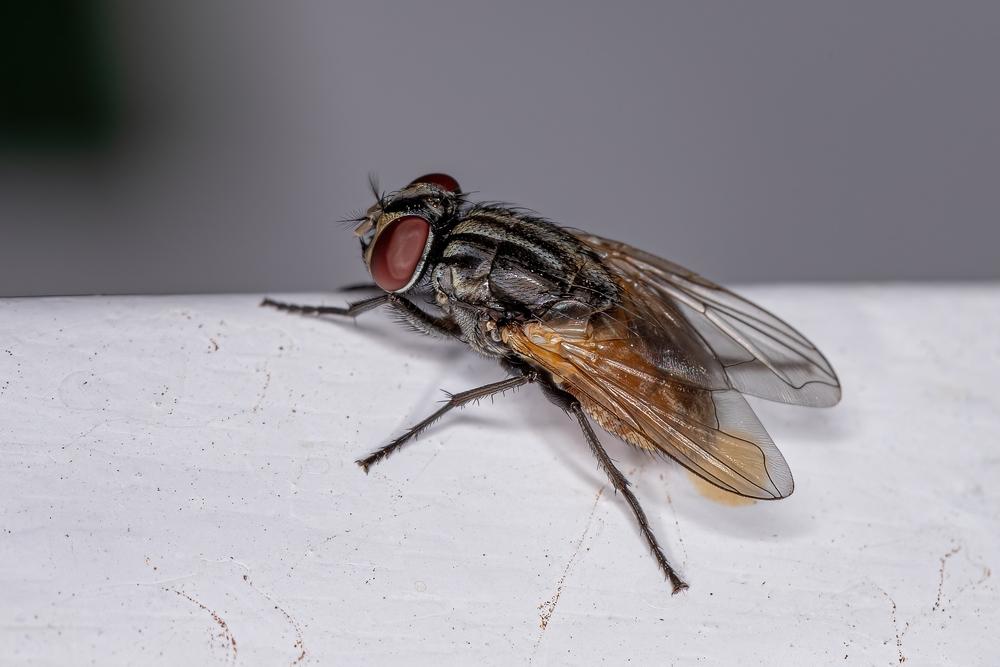
Keeping a chicken coop clean and fly-free is a crucial aspect of maintaining a healthy and happy flock. Flies in a chicken coop are not just annoying, they can also pose significant health risks to your chickens, including the spread of diseases like Salmonella and Campylobacter. In this comprehensive guide, we will explore in-depth methods on how to keep flies out of a chicken coop, including DIY solutions, natural remedies, and preventative measures.
To keep flies out of a chicken coop, maintain regular cleanliness by removing droppings and old litter, and clean feeders and waterers. Use sand as litter to coat droppings and prevent the odor that attracts flies. Grow fly-repelling plants around the coop, set up fly traps, and apply diatomaceous earth. Use sprays made from essential oils that repel flies, release fly predators, and keep the coop dry. Insecticides can also be used sparingly for temporary reductions in fly populations.
Understand the Problem: What Attracts Flies?
Flies are attracted to chicken coops due to several factors, including chicken droppings, leftover food, and dampness. The warmth of the coop can also draw in flies, making it an ideal breeding ground. By understanding these factors, you can take steps to make your coop less appealing to flies.
Actionable Measures: Step-by-Step Guide to a Fly-Free Coop
1. Maintain Cleanliness
Keeping your coop clean is the first step to a fly-free environment. Regularly remove droppings and old litter, clean feeders and waterers, and make sure there’s no spilled feed or pooling water.
2. Use Sand as Litter
Sand works excellently as chicken coop litter. It effectively coats droppings, preventing the odor and moisture that attract flies.
3. Grow Fly-Repelling Plants
Certain plants, like lavender, basil, and rosemary, can help repel flies. By planting these around your coop, you are creating a natural barrier against flies.
4. Set Up Fly Traps and Fly Strips
Fly traps and fly strips can catch and reduce the fly population. Place them strategically around the coop to maximize their effectiveness.
5. Apply Diatomaceous Earth
Food-grade diatomaceous earth is a natural insecticide that can help control flies. Sprinkle it around the coop and run for the best results.
6. Use Essential Oil or Herbal Sprays
Make homemade sprays using essential oils that repel flies. Tea tree, lavender, mint, or basil oils are good options.
7. Release Fly Predators
Fly predators are beneficial insects that feed on fly larvae. By introducing them, you can effectively control the fly population.
8. Keep the Coop Dry
Flies are attracted to moist environments. By ensuring that your coop is dry, you are making it less appealing to flies.
9. Use Insecticides
Insecticides can provide temporary reductions in fly populations. However, they should be used sparingly and as part of an integrated pest management approach.
DIY Solutions and Home Remedies
There are several DIY solutions and home remedies you can use to keep flies away from your chicken coop. Some of these include homemade sprays with essential oils or vinegar, homemade fly traps, and growing carnivorous plants like Venus flytraps and pitcher plants that eat flies.
Utilizing Coop Design and Location for Prevention
The design and location of your chicken coop can also help in preventing fly infestation. Ensure that your coop is well-drained and dry, and position it in a location that discourages fly breeding.
Protecting your Flock
Remember, keeping your coop fly-free is not just about maintaining a clean and pleasant environment. It’s about protecting the health of your flock. Flies can spread diseases like Salmonella and Campylobacter, and can cause health issues like flystrike. By following these steps, you can ensure that your chickens are safe, healthy, and happy.
In conclusion, maintaining a clean and fly-free chicken coop is a multi-pronged approach. It requires regular cleaning, strategic use of natural remedies, and vigilant monitoring. But the result is worth it: a healthy and thriving flock.
Frequently Asked Questions
What types of fly traps are most effective for chicken coops?
There are several types of fly traps that can prove effective in chicken coops, including sticky fly strips, fly bags, and fly jars. Sticky fly strips are simple and cost-effective but may not be suitable for large infestations. Fly bags and jars, on the other hand, use attractants to lure flies into a trap from which they cannot escape.
How do I use essential oils to repel flies?
Essential oils can be used in a variety of ways to repel flies. One simple method is to make a spray by mixing a few drops of essential oil (such as lavender, mint, or tea tree) with water in a spray bottle. This can then be sprayed around the coop. Alternatively, you can soak a piece of cloth in the oil and hang it in the coop.
Where can I buy fly predators?
Fly predators can be purchased from various online retailers that specialize in pest control or farming supplies. They are typically shipped in the pupal stage and will emerge as adults once they arrive.
Can I use any type of sand as litter?
While you can technically use any sand, it’s recommended to use construction or river sand for chicken coops. These types of sand are coarser and do a better job at controlling odor and moisture.
How often should I clean the chicken coop?
The frequency of cleaning can depend on the size of your flock and the size of your coop. However, as a general rule, you should aim to clean the coop thoroughly at least once a week. Daily spot-cleaning can also help maintain cleanliness and control flies.


